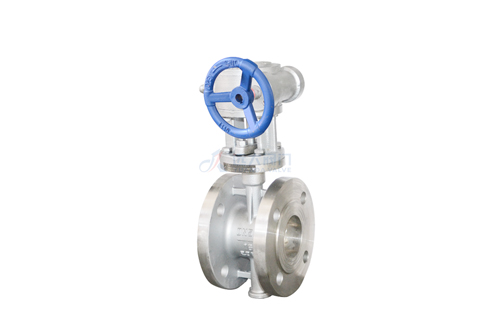The Distinction Between a Butterfly Valve As Well As Gate Valve
Two of one of the most popular valves on the market today are butterfly valves as well as gate valves, so let's explore what each type can do and what makes them such reliable devices.
As the name indicates, the main feature of a valve is as a gatekeeper. The gate is the main part of the gate valves. A movable gate within the valve allows circulation or blocks it. This movable gate is regulated by a mechanical aid such as a screw or lever, which lifts or reduces the gate within.
Gate valves have been available in several sizes and shape yet have a tendency to be huge. Think of the valves managing the flow of water in main water pipes. In spite of their sometimes vast size, gate valves are designed to be controlled by a single person.
A close relative of the gate valve, and also an innovative variation, a butterfly valve can also be available in many shapes and sizes. Such a shutoff also works by utilizing an internal entrance. The distinction between this as well as a gate valve is in the means eviction runs within the valve.
Unlike the gate valve, eviction within the butterfly valve remains set and swivels around an inner axis. The shape of the interior gateway swiveling is the beginning of the butterfly name.
The butterfly valve has the very same feature as eviction shutoff, which is permitting and also blocking the flow. There are, nonetheless, some benefits and disadvantages to both kinds of valves, and also it is necessary to maintain that in mind when picking either shutoff.

Pressure differential: gate valves are typically far better than butterfly shutoffs at executing under pressure. Their building and construction suggest that flow can keep going without producing any kind of unnecessary stress changes. And also their usage does not take much initiative.
This is not the situation for butterfly valves. Their swivel gateway building and construction indicate that the holding gate is subjected to greater levels of pressure differentials. This equates right to greater toughness required to run a butterfly valve. And this is frequently fixed by using a long arm to run larger butterfly valves.
Wear and tear: gate shutoffs often tend to outmatch the butterfly valve when it pertains to longevity. The actual style of the valve makes certain that it does not endure as high as a butterfly valve when functioning. Even though contemporary butterfly valves are generated with higher stress resistances in mind, the unfortunate fact is that its design ensures a higher price of wear. Whether the valve is being opened or shut, its seal is always in straight exposure to stream rate, unlike the gate valve. When turned on, parts of the gate shutoff are revealed to flow for really short ruptures of time.
Security: this depends on making use of the valve as well as the stress it might encounter. A knowledgeable designer that recognizes what these valves can as well as can not do can prevent this problem entirely. That being claimed, it is necessary to understand and also approve that butterfly valves weren't initially made to handle high-velocity circulation. Certainly 6 m/s is the best velocity recommended for this sort of valve. Anything above subjects the butterfly valve to dangerous stress differentials that can increase wear and tear as well as may bring about early failing and also crashes.
High-pressure decrease: an additional issue influencing butterfly valves is the decline of stress as it is released. Today's insistence on maintaining high pressure throughout a system to save power is one of the reasons that gate valves and other alternatives are coming back into fashion.
Price: butterfly valves tend to be cheaper than gateway valves.
Dimension: butterfly valves are smaller and a lot smaller. Usually, this allows them to be a lot more flexible in their use than gate valves.
Both valves are predestined to function as an avenue of flow and also not as a regulator. Neither is developed to be utilized continuously. Once they are released, the flow is uncontrolled.